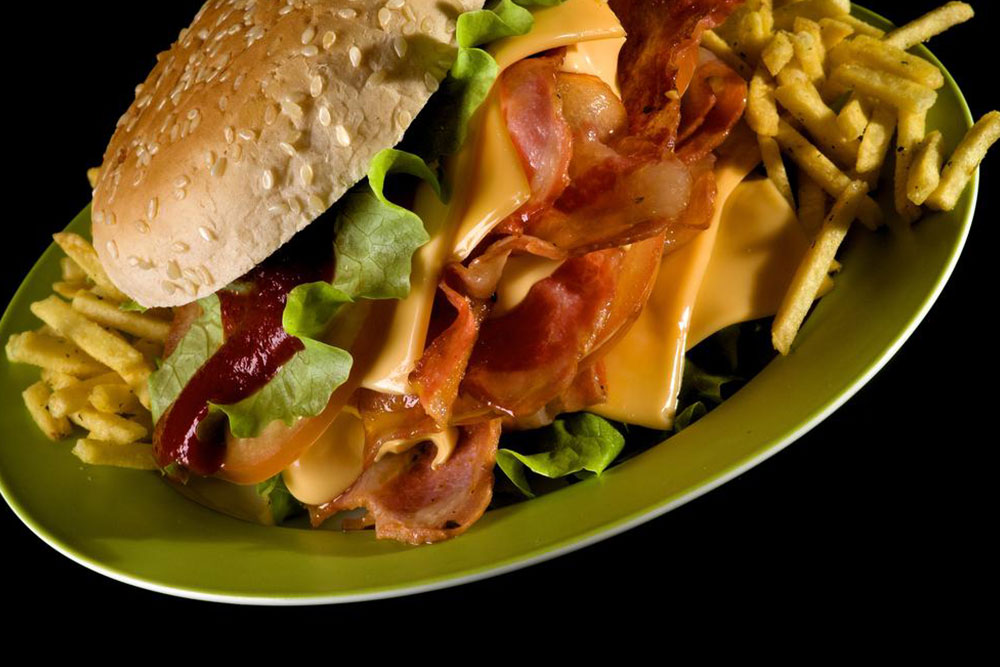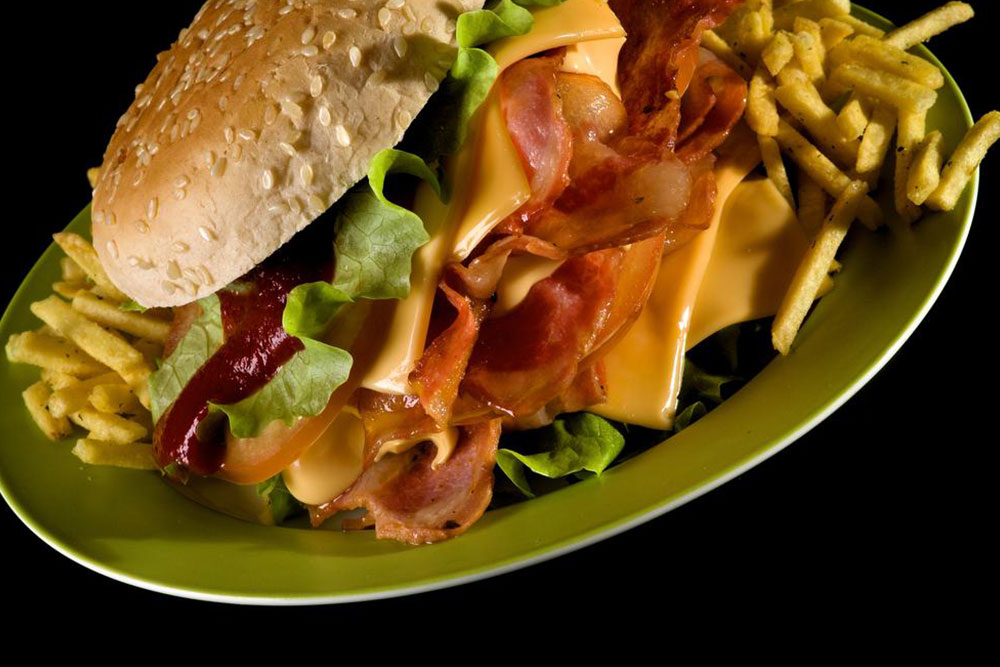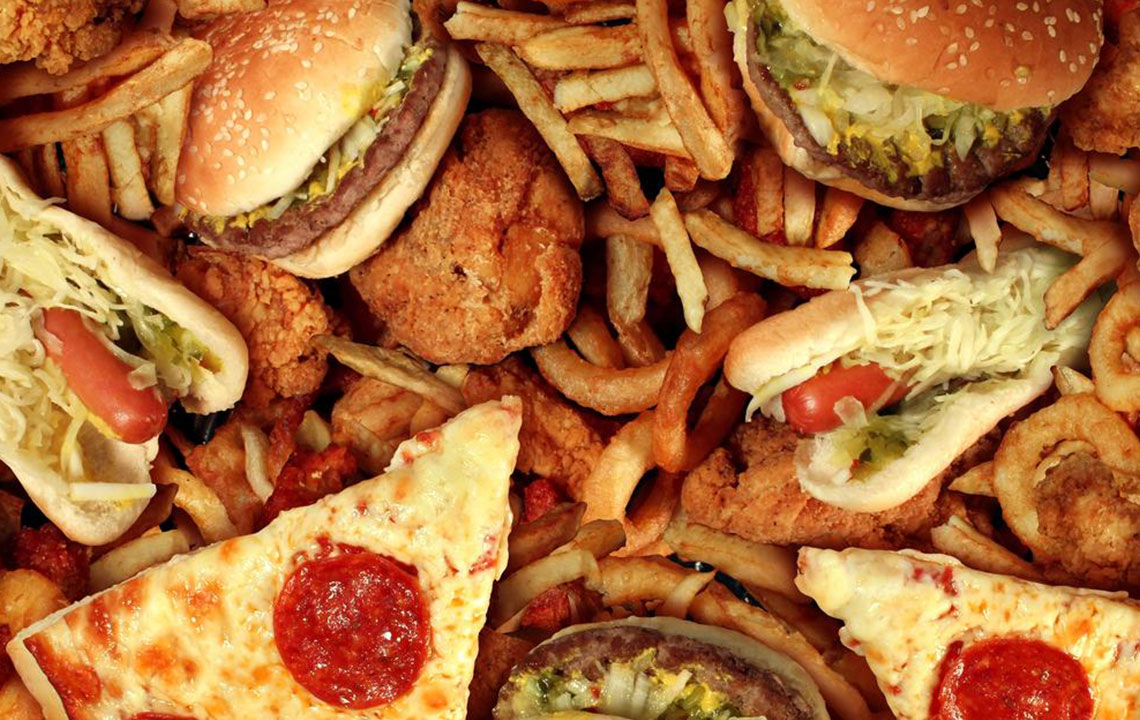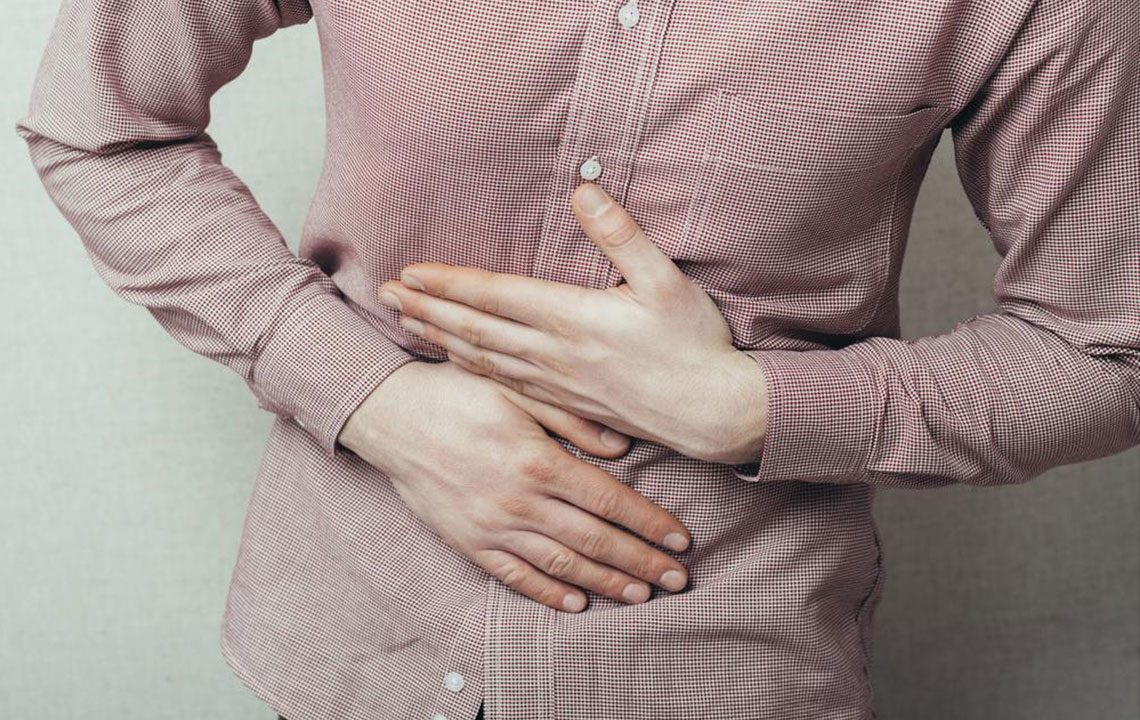Dietary Guidelines for Managing Diverticulosis: Foods to Steer Clear Of
This article provides essential dietary tips for individuals with diverticulosis, highlighting foods to avoid to prevent complications. It emphasizes the importance of a fiber-rich diet while cautioning against certain seeds, nuts, and processed foods that may aggravate symptoms. Always seek medical advice for personalized management of this condition to maintain colon health and prevent diverticulitis episodes.

Dietary Guidelines for Managing Diverticulosis: Foods to Steer Clear Of
Diverticulosis is a condition that primarily affects older adults. It results from insufficient fiber intake, leading to pouches forming along the colon wall. This increase in pressure causes weak spots known as diverticula. When these pockets become infected, the condition progresses to diverticulitis. Proper diet management, especially avoiding certain foods, can help prevent aggravation.
Individuals with diverticulosis should avoid foods that may cause inflammation or irritation in the intestines.
Foods containing seeds, nuts, or grain residues may worsen symptoms. Avoid corn, popcorn, corn flour, and similar products. Refrain from consuming refined grains like enriched bread and cereals such as Cheerios or Rice Krispies.
Hard-skinned fruits and vegetables, including tomatoes, strawberries, cucumbers, okra, blackberries, kiwi, peppers, and eggplants, can be difficult to digest and prolong intestinal retention, increasing discomfort.
Diary items like whole milk, whipped cream, and coffee creamers are best avoided as they are hard to process and may irritate the colon. Junk foods like fried snacks, greasy pizzas, and cheeseburgers should also be limited, as they hinder digestion and might lead to complications.
Alcohol and tobacco products can irritate the colon and elevate risks of further health issues. Patients with diverticulosis or diverticulitis should always seek medical guidance to tailor their diet for optimal health and avoid future flare-ups.










